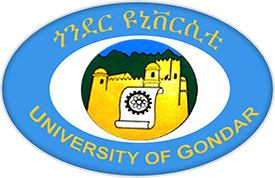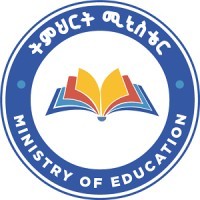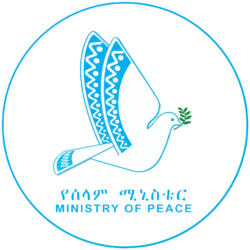Peace through Intergroup Contact in Ethiopia
Funded by IPA’s Peace and Recovery Program and in collaboration with the University of Gondar and Ethiopia’s Ministries of Peace and Education, this randomized evaluation will assess whether hosting a student from a different ethnic background influences families’ attitudes towards that student’s broader ethnic group.
In Ethiopia, the federal system is structured around ethno-linguistic regional states, where administrative boundaries correspond to dominant ethnic groups. As a result, most people live and work within regions primarily inhabited by their own ethnic group, limiting everyday interethnic contact. This separation can reinforce stereotypes and heighten the risk of prejudice and conflict between groups. In response, many peacebuilding initiatives have focused on fostering interaction and understanding across ethnic lines. One such intervention is the Host Family Program (HFP), implemented by the University of Gondar, which pairs university students with host families residing near the university.
In partnership with the University of Gondar and Ethiopia’s Ministries of Peace and Education, researchers are conducting a randomized evaluation to assess how intergroup interaction affects host families participating in the Host Family Program. Specifically, they will focus on whether hosting a student from a different ethnic background reduces prejudicial attitudes towards the student’s broader ethnic group.
Results will be available in 2027.
Implementing Partners















